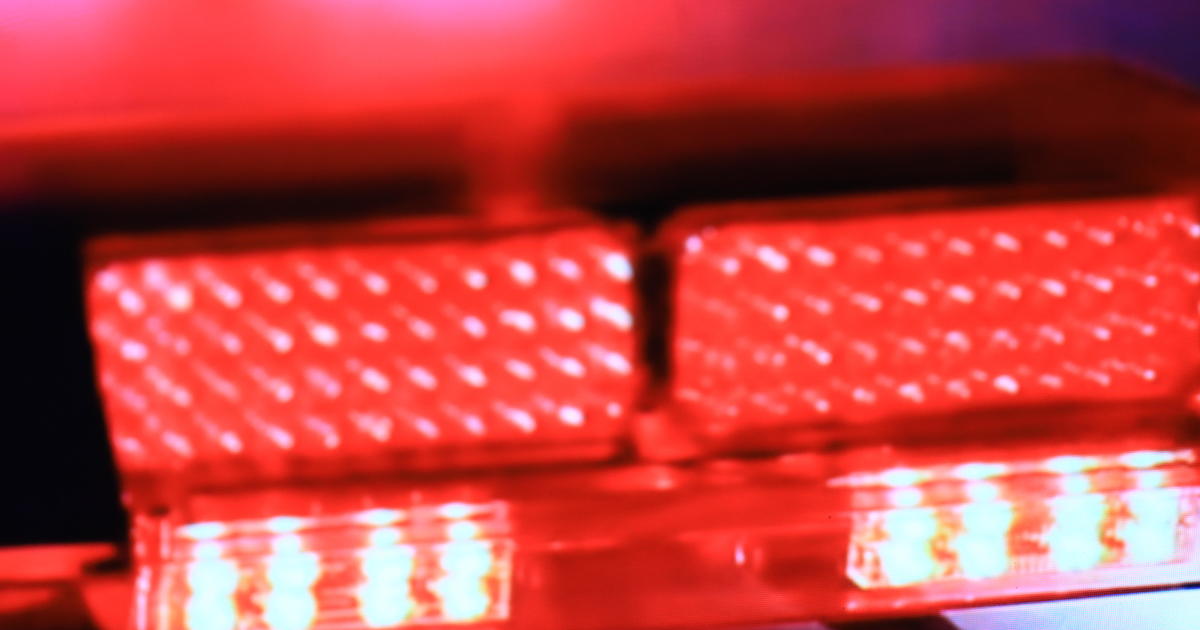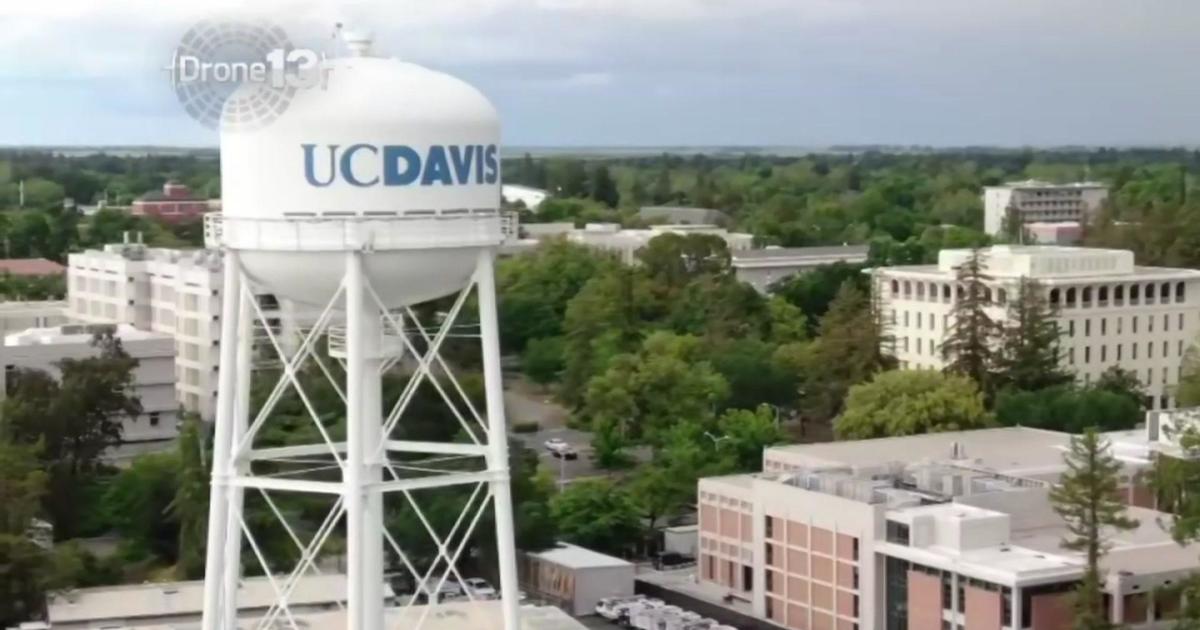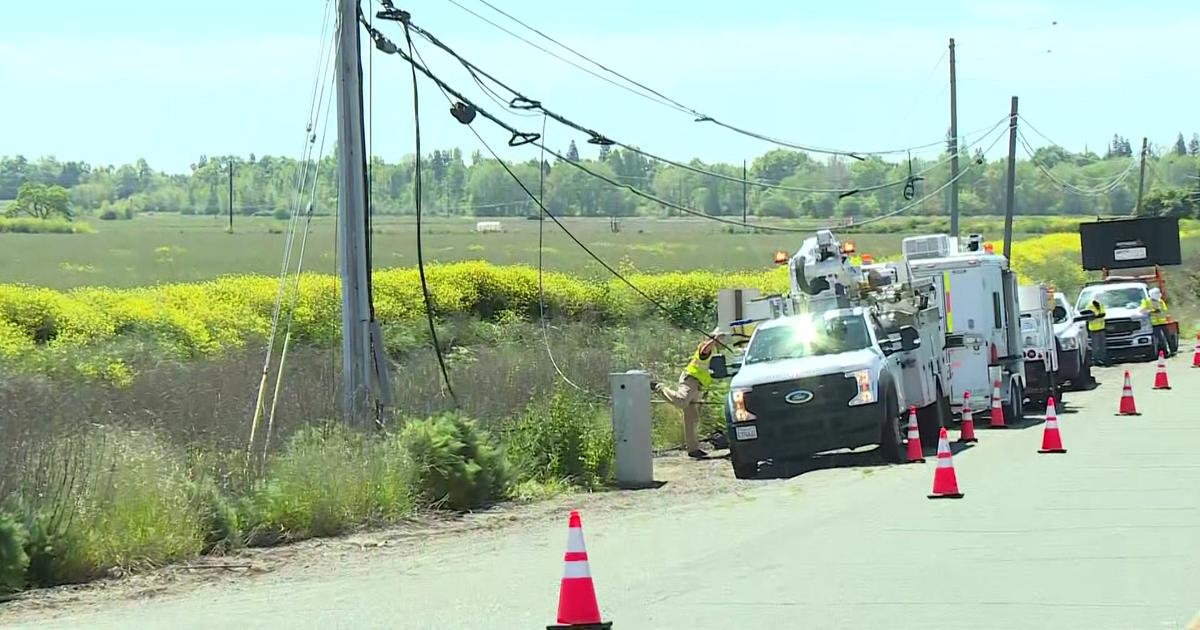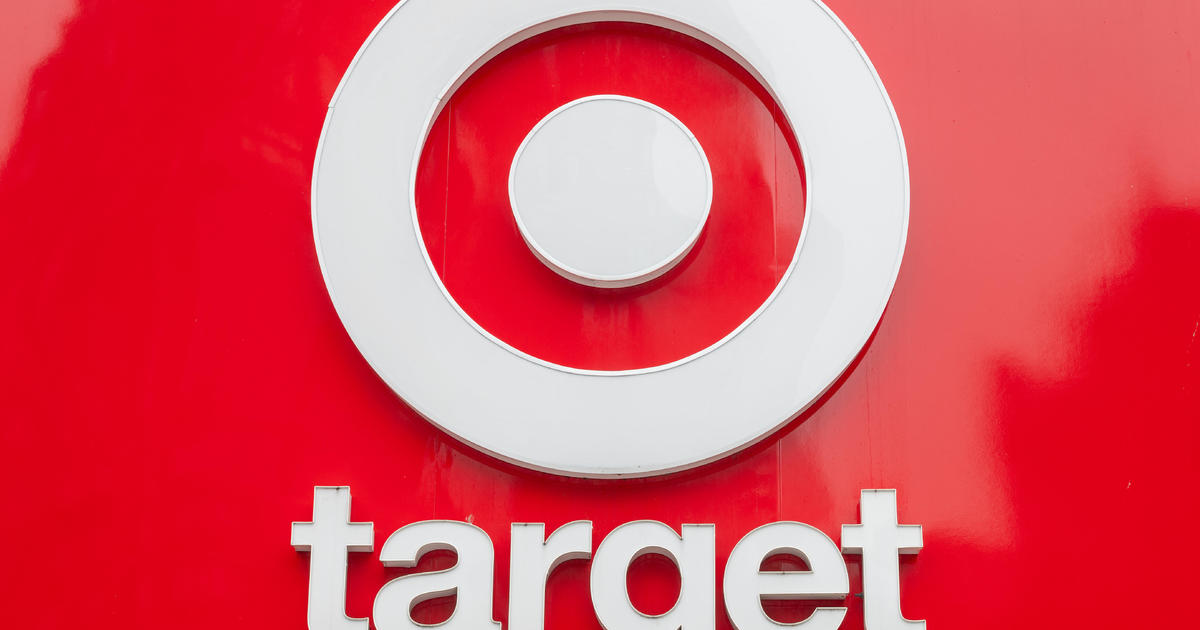UC Davis Professors Leading Fight To Curb Nuclear Weapons
DAVIS (CBS13) — The threat of a nuclear war is top of mind across the country and the world, and some UC Davis professors are part of an international team leading a fight to curb nuclear weapons.
A workshop on Thursday at the university invited scientists from around the world to discuss and develop the technology.
It's a detection device aimed at monitoring, and perhaps stopping, nuclear weapon production.
"One of the biggest threats to the human race is really nuclear weapons," said UC Davis Physics Professor Bob Svoboda.
Svoboda, along with Lawrence Livermore National Laboratory scientist Adam Bernstein and a professor from UC Irvine, came up with the idea a few years ago. It's referred to as the Watchman Neutrino Detector, which is a massive tank weighing 3,000 tons that would be buried half a mile underground and filled with liquid that can capture neutrinos—subatomic particles let off during nuclear reactions hundreds of miles away. And if they are detected, Svoboda says it's a tell-tale sign.
"There's something's going on. Somebody's running a nuclear reactor where there shouldn't be one."
Thursday, about 50 scientists from across the globe met at UC Davis to discuss details.
UK Professor Sean Paling said, "Talking about the science, talking about the possibilities, how to do it and how to do it the best we possibly can."
Paling runs an underground laboratory in northeast England where the technology will be tested first, near a commercial nuclear power plant, and if it works, it could be a game changer.
"If they turn on the nuclear reactor and make plutonium, you'll know it right away," said Svoboda.
For instance, it could be used to inspect nuclear facilities in Iran remotely and as for North Korea—which isn't hiding its nuclear activity—Svoboda says if the country ever agrees to suspend its nuclear program, the United States will be able to make sure it's not being sneaky.
"If you could think of a way, a foolproof way to verify them, you could have a more stable, more rock-solid nuclear non-proliferation treaty."
The device is set to begin testing in the UK in 2023.



